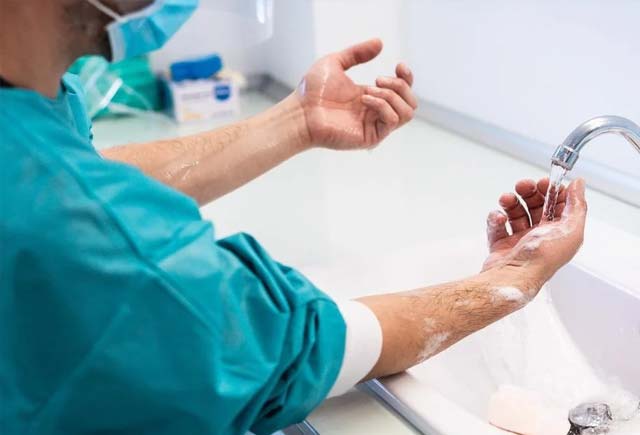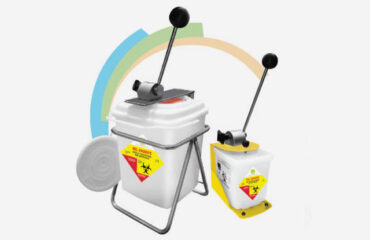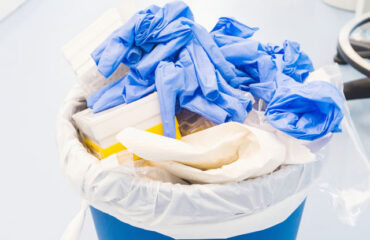Biomedical liquid waste management is a crucial aspect of healthcare facility management that focuses on the safe and proper disposal of liquid waste generated in biomedical settings. Biomedical liquid waste includes various types of fluids, such as blood, human fluids, urine, infectious and hazardous fluids, and chemicals used in laboratory tests and procedures.
The management of biomedical liquid waste is critical to reduce the risk of infections, pollution, and other such hazards that may endanger both the public and the environment. The importance of proper waste management is highlighted by the serious diseases that can be transmitted through contaminated biomedical waste, including HIV, hepatitis, and other communicable diseases.
Proper waste management starts with the segregation of liquid waste from other types of medical waste. A properly labeled bag or container should be used for liquid waste, which is then collected and transported to a specialized liquid waste treatment equipment inside the healthcare facility.
Before the disposal of liquid waste, healthcare facilities should ensure that the waste undergoes appropriate treatment to remove harmful substances, rendering it safe for disposal. Sodium Hypochlorite Solution is one of the most commonly used methods for liquid medical waste sterilization.
Training healthcare staff on the correct procedures for handling liquid waste is important to minimize the potential risk of exposure to biohazard materials. Proper storage, transportation, decontamination, treatment, and disposal should follow local / international guidelines and regulations.
Proper management and disposal of biomedical liquid waste are essential to reduce the risk of environmental pollution and to control the spread of contagious diseases. It is thus imperative that waste management practices in healthcare settings be designed and implemented with due consideration to both the environment and the health and safety of all those concerned.





